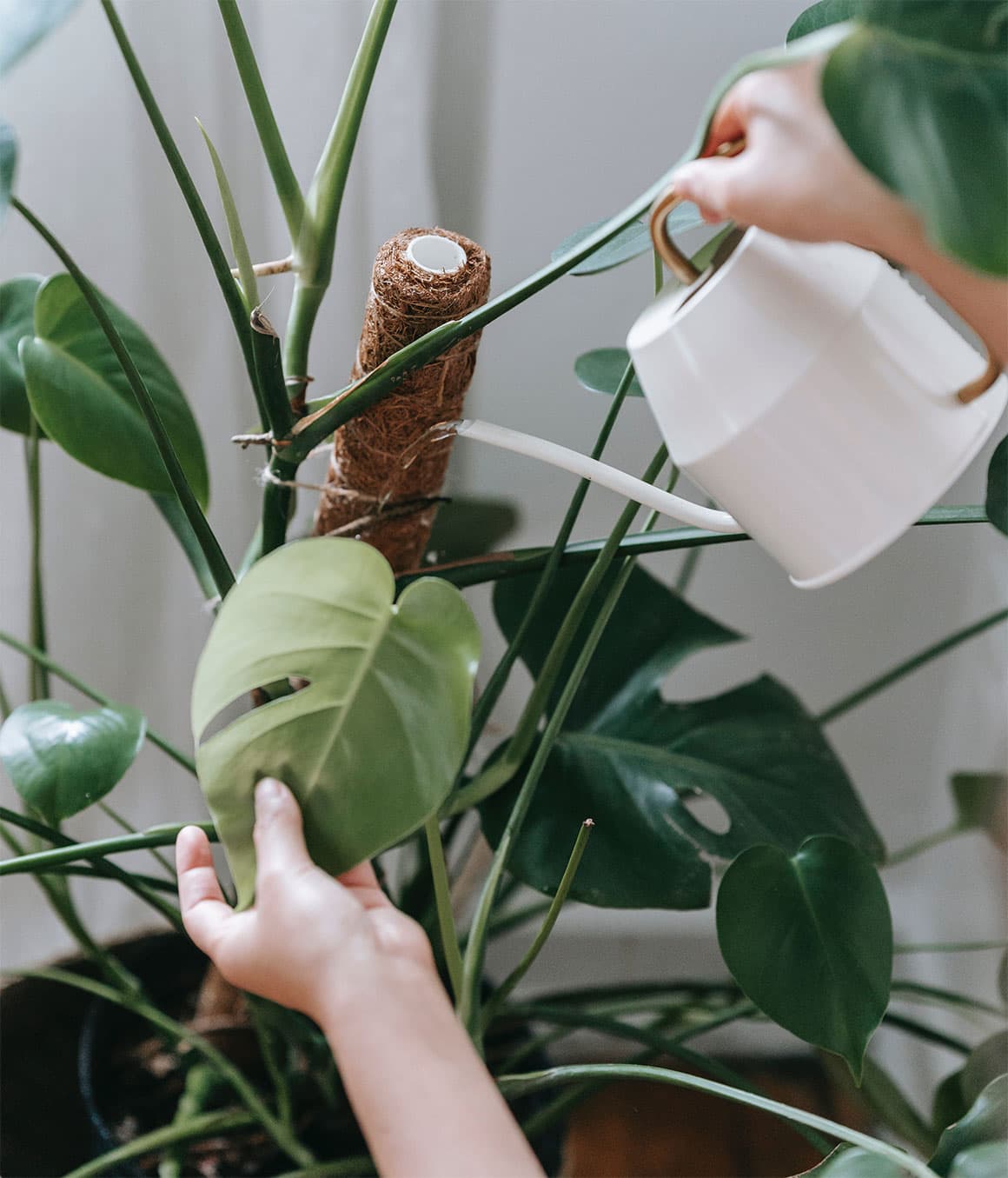In the winter months as temperatures drop, our houseplants undergo a natural period of dormancy. During this time, their growth slows down, and their nutrient requirements decrease. It’s essential to recognize this seasonal shift and adjust our care routines accordingly. One common adjustment is to withhold feeding our houseplants during the winter months. In this article, we’ll explore the reasons why it’s best to refrain from fertilizing houseplants in winter.
Why Not to Feed Your Houseplants in Winter

Natural Growth Cycle
Houseplants, like their outdoor counterparts, have natural growth cycles dictated by the changing seasons. Winter represents a period of rest and reduced metabolic activity for many plants. During this time, they conserve energy and focus on maintaining existing foliage rather than producing new growth. Feeding them with fertilizers can disrupt this natural cycle and force unnatural growth, which may weaken the plant in the long run.
Reduced Light Intensity
In winter, daylight hours are shorter, and the intensity of sunlight diminishes. This reduced light availability directly affects the plant’s photosynthetic activity. Since photosynthesis is closely tied to nutrient uptake, the plant’s ability to utilize the extra nutrients provided by fertilizers is limited. Without adequate light, the plant may not be able to process the nutrients efficiently, leading to nutrient imbalances or even nutrient burn.
Risk of Overfeeding
Over time, repeated feeding without corresponding growth can result in a buildup of excess salts and minerals in the potting mix. This accumulation can lead to nutrient toxicity, root burn, and overall stress for the plant. By refraining from fertilizing during the dormant season, you allow the plant to utilize the existing nutrients in the soil without the risk of overfeeding.
Limited Water Uptake
During winter, indoor environments tend to be drier due to indoor heating systems and lower humidity levels. Dry air can cause plants to transpire less and absorb water at a slower rate. When plants take up water less frequently, the nutrients present in the soil are not efficiently transported to the roots, further reducing the plant’s ability to utilize added fertilizers effectively.
Pest and Disease Concerns
Overfeeding or providing excess nutrients to houseplants in winter can weaken their natural defenses, making them more susceptible to pests and diseases. Weak, lush growth resulting from excessive feeding can attract pests like aphids, spider mites, or fungal issues. It’s best to avoid unnecessary nutrient stimulation during the dormant season to maintain the plant’s overall health and resilience.
Understanding the Dormant Season
While it’s generally recommended to refrain from feeding houseplants in winter, there may be exceptions for certain plant species or specific situations. Some plants, like winter-blooming varieties, may benefit from light feeding during their active growth periods. Always consult specific care guidelines for your individual plants to determine if any exceptions apply.
By respecting the natural rhythms of your houseplants, you’ll support their overall well-being and set the stage for a healthy, vibrant growing season ahead.
Remember, the dormant season is a time for your houseplants to rest and rejuvenate, preparing for the vigorous growth that spring brings. Instead of fertilizing, focus on providing consistent care by adjusting watering frequency, maintaining appropriate humidity levels, and ensuring proper light exposure.